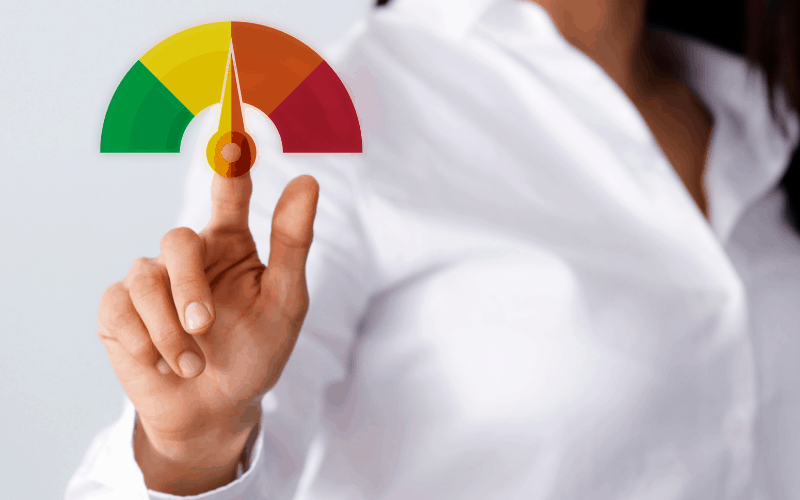It is safe to assume that no one willingly tries to get into debt. Sometimes, a poor financial habit can drag you slowly into this dark side.
Sometimes, it’s just one of those things that creep up on you without knowing. Studies have shown that about 80% of Americans are caught up in the chains of debt – from mortgage payments to student and business loans.
As alarming as this stat is, it might be hard to believe that it is possible to live a debt-free life. If you want to avoid being a part of the debt statistics, here are some effective tips to help you steer clear of the debt trap.

Get the Right Insurance Package
In many cases, people don’t want to consider getting insurance coverage because it involves money or because they feel they might never need it. But life always has a way of messing up even the most stable financial life.
Insurance can be pivotal in helping you get back on your feet. Whether business or personal life, there are various packages to choose from to help protect you from the unexpected.
And you can always rely on the services of a public adjuster to help you get the most extensive and comprehensive insurance claims that you deserve.
Live Within Your Means
The principle of living within your means is a straightforward one – if you cannot afford something without using your credit card, do not buy it. Credit card debt is on the rise, currently hitting $1 trillion.
Having a credit card to rely on may make life simple to some extent. But it also gives a false sense of financial security, making people believe that they can afford stuff when they’re only piling on debt.
So, live within your means, and try your best to avoid paying for things with your credit card.

Save Up
No matter how much you make, you should make it a point to save, as doing so will help you create an emergency fund to fall on during difficult financial times.
First of all, create a budget for your daily or monthly expenses. Once done, set aside a percentage of your income for essential bills, food, and upkeep. Next, set a portion of your income aside as savings.
You can either save in a bank or opt for an investment opportunity. If you’re looking to grow your savings, a bank may not be your best option, as most of them offer low interest on savings accounts.
However, it is crucial to take the time to do all the necessary homework before you decide to invest your savings. Find an investment option that will not only offer you periodic returns but also has flexible structures in place for withdrawing your money.

Build a High Credit Score
Build a high credit score by ensuring that you always pay on time and in full. Getting a good credit score is essential, as it plays a massive role in your financial life.
That is especially important if you’re trying to finance the payment of a new car or a new home. It will also play a huge part in ensuring that you qualify for a business loan in the future.
Don’t forget to Like, Share, Tweet, and Pin this post.


